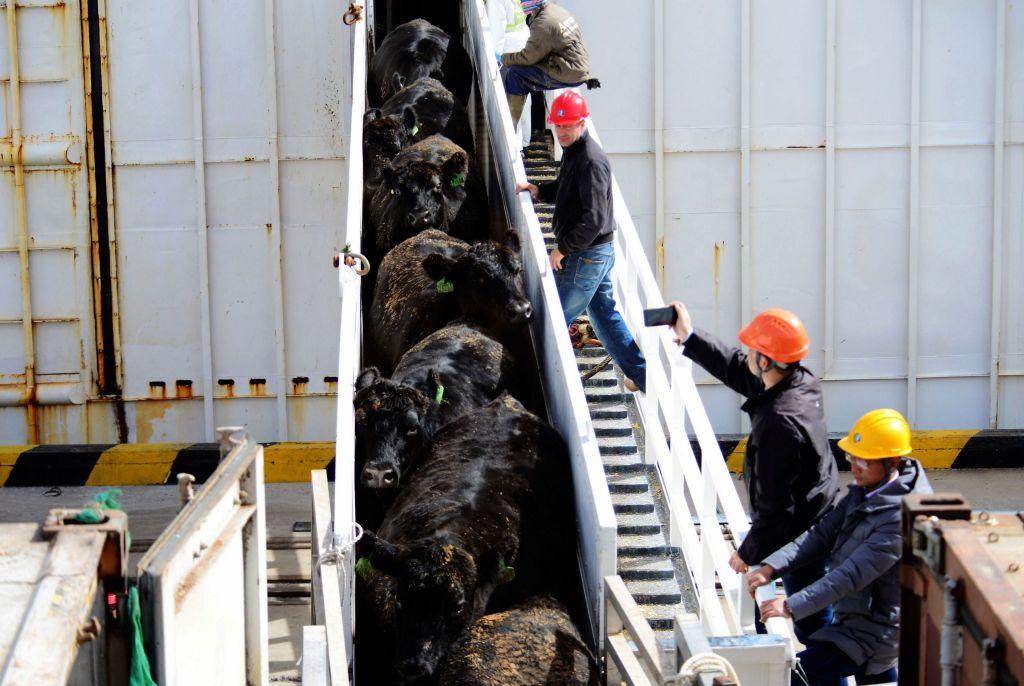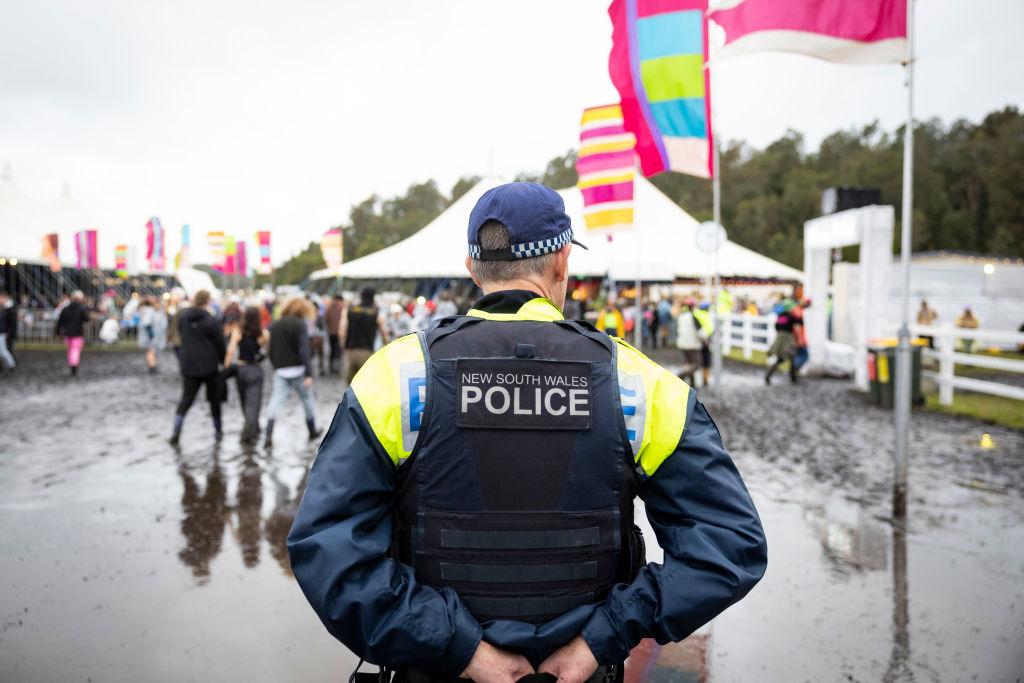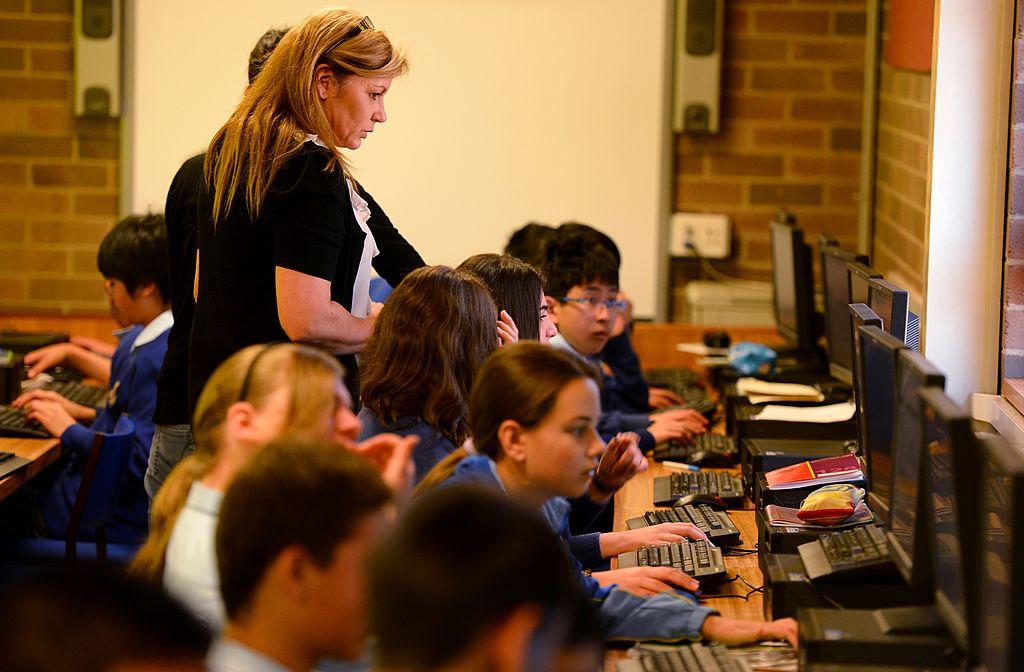Malaysia has immediately lifted a ban on live cattle and buffalo exports from Australia, following technical information to the Malaysian authority demonstrating Australia’s freedom from lumpy skin disease (LSD).
The Department of Agriculture, Fisheries and Forestry (DAFF) welcomed Malaysia’s Department of Veterinary Service’s (DVS) decision to lift the suspension after it confirmed LSD was never detected in Australia.





